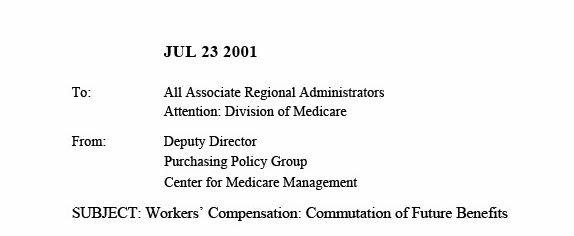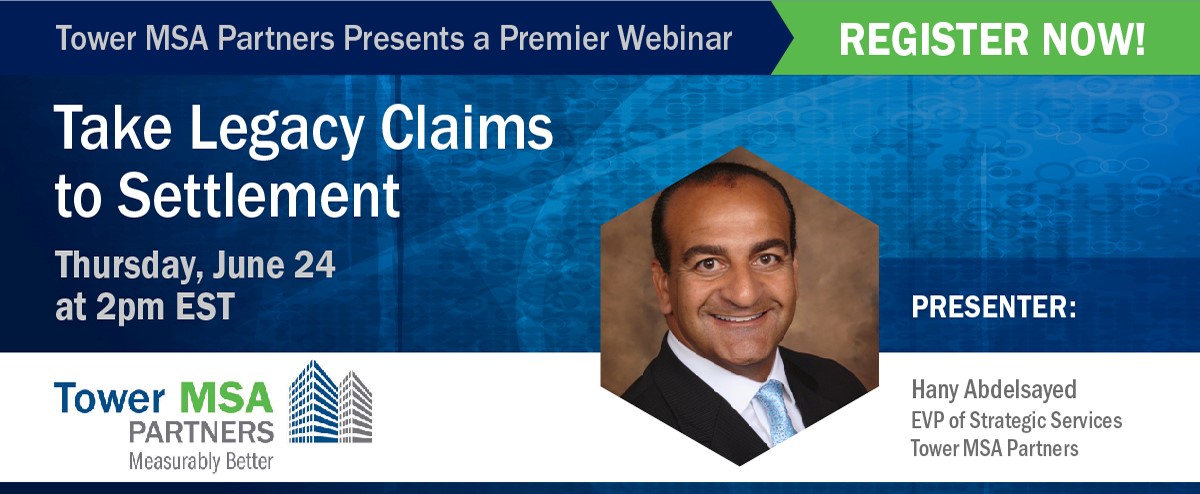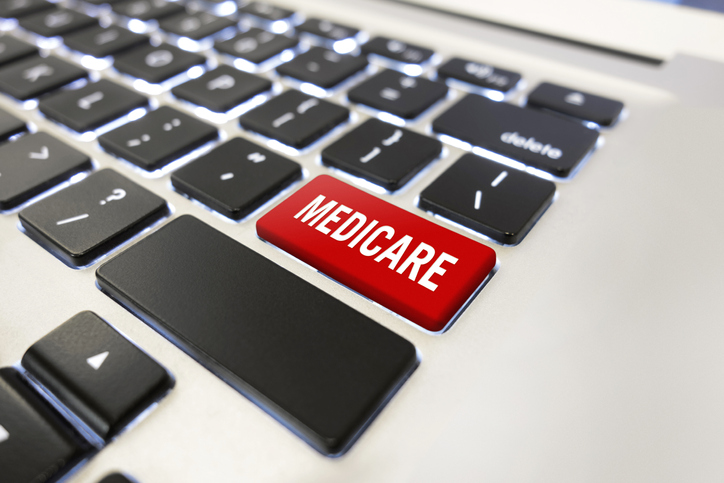The Centers for Medicare and Medicaid Services (CMS) has issued guidance for the implementation of the PAID Act. The agency also announced criteria for an additional option for the termination of Ongoing Responsibility for Medicals (ORM) in the Section 111 reporting process.
PAID Act Implementation
On June 8, 2021, CMS issued a Technical Alert on the implementation of the PAID Act. The PAID Act (See Paid Act Becomes Law) will provide Responsible Reporting Entities (RREs), namely liability insurance (including self-insurance), no-fault insurance and workers compensation plans and insurers, Medicare Part C and D enrollment information for claimants identified as Medicare beneficiaries. Starting December 11, 2021, the following information will be provided in the NGHP Section 111 Query Response File where CMS responds to a query about a claimant’s status as a Medicare beneficiary:
- Contract number
- Contract name
- Plan benefit package number
- Plan address
- Effective dates for the previous 3 years (up to 12 instances each for Part C and for Part D)
CMS also released an updated NGHP User Guide, Version 6.4, which provides the technical information for the query response file layout additions that will be required to receive this information through the query process.
Our Section 111 reporting team is reviewing the technical changes and will provide guidance to our reporting clients regarding system updates that need to be made before December 11, 2021, to enable receipt of the new field data. We will also participate in testing, which CMS says will be available by this coming September 13. Finally, we will attend CMS’s June 23 webinar on the PAID Act implementation and provide a summary of any relevant information.
Additional Option for ORM Termination
Besides the PAID Act, the updated Section 111 User Guide provides a new option for ORM termination. Per Section 6.3.2 of the Section 111 User Guide (Policy Guidance), once ORM is accepted on a claim it can only be terminated if certain criteria are met:
- Where there is no practical likelihood of associated future medical treatment, an RRE may submit a termination date for ORM if it maintains a statement (hard copy or electronic) signed by the beneficiary’s treating physician that no additional medical items and/or services associated with the claimed injuries will be required;
- Where the insurer’s responsibility for ORM has been terminated under applicable state law associated with the insurance contract;
- Where the insurer’s responsibility for ORM has been terminated per the terms of the pertinent insurance contract, such as maximum coverage benefits.
CMS has now provided additional criteria which allow ORM termination:
Where there is no practical likelihood of associated future medical treatment, which is reflected by meeting ALL of the following:
- No claims were paid with any diagnoses codes related to alleged ingestion, implantation, or exposure; and
- No claims were paid, for any medical item or service related to the case, within five (5) years of the date of service of any such claim; and
- Treatment did not include, nor were any claims paid related to, a medical implantation or prosthetic device; and
- The total amount paid by the insurer, for all medical claims related to the case, did not exceed $25,000.
Note: If, at any time, any of the parameters set forth above should no longer be applicable, the insurer must then update the ORM record to reflect that they, once again, have ongoing responsibility for medicals (i.e., update the termination date to all zeroes). Should the case once again fall under these parameters (for example, if five years elapse from the last relevant date of service), then ORM for that case may once again be terminated in accordance with the criteria above.
This policy gives RREs the ability to terminate ORM or not report ORM in the first place on minor medical claims. We recommend a review of all outstanding claims with an open ORM that could fit these criteria to decide whether an ORM termination date should be entered.
For example, a Medicare beneficiary claimant has a traumatic injury on February 1, 2014. Acceptance of ORM was reported through the Section 111 reporting process. The last medical paid was for a date of service of March 1, 2016, where the total paid on the claim was $10,000. On March 1, 2021, five years have passed and ORM may be terminated. Note, if the claim is later settled, the settlement amount would still need to be reported as Total Payment Obligation to the Claimant (TPOC) through the Section 111 reporting process.
In addition to claims where ORM is currently open, this policy would apply to claims where potential ORM acceptance reporting was triggered because a claimant was identified as a Medicare beneficiary.
For example, the last medical paid in a traumatic injury was for a date of service of March 1, 2016, where the total paid on the claim was $10,000. Medical remains open on the claim per state law. The claimant became a Medicare beneficiary on June 1, 2021. Per this policy, ORM acceptance would not need to be reported because all criteria have been met. Note, like in the example above, if the claim were to settle, the settlement amount would need to be reported as Total Payment Obligation to the Claimant (TPOC) through the Section 111 reporting process.
If you have questions about the PAID Act or the changes to ORM reporting, please let me know. Contact me at daniel.anders@towermsa.com or 888.331.4941
Related Prior Posts:
CMS to Host Paid Act Webinar










